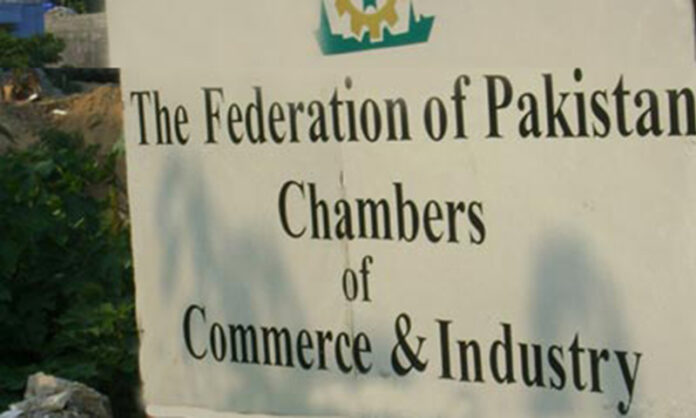KARACHI: The Federation of Pakistan Chambers of Commerce and Industry’s Businessmen Panel (BMP) has sought a long-term strategy amid high cost of debt servicing due to heavy loans, jumping to over 87pc of the GDP in first half of 2020-21.
BMP Chairman Mian Anjum Nisar observed that the budget deficit was continuously going up despite the government’s claim of tight control over expenditures, while the only main head of expenditure that remains out of control was the debt servicing cost, which jumped by 15pc to Rs1.4 trillion during 1HFY21, he added.
In a statement issued on Saturday, Nisar opposed the excessive borrowing policy of successive governments, noting that the incumbent government has added an additional Rs11.35 trillion to public debt during the first two years in power, which was more than the total debt accumulated by the previous government in its five-year term.
“Pakistan’s fiscal policy continued to focus primarily on macroeconomic stabilization in response to financial crisis, instead of putting more emphasis on reforms to foster long-term growth through industrialization,” he opined.
Nisar called for growth-friendly policies, upgraded tax and social spending, and active industrial strategies in close consultation with real stakeholders to achieve sustainable development goals.
“In terms of the size of the economy, the budget deficit remained at last year’s level, but in absolute terms, the deficit went up,” he noted, adding that the government had set the federal budget deficit target at Rs3.43 trillion or 7.5pc of GDP while it has obtained Rs1.2 trillion in loans to finance the deficit.
Quoting the figures, the BMP chairman said that the net federal revenue fell short of the expenditure incurred on the two largest heads – debt servicing at Rs1.5 trillion and defence at Rs505 billion, while defence spending remained less than the previous year.
“Overall, the government’s total expenditures increased 7pc to Rs3.2 trillion during the July-December FY21 period. But the entire increase was on account of current expenditures, as development spending fell below last year’s level,” he explained. “The government is exercising tight control over the development and defence spending, which has helped contain the deficit despite a significant surge in debt servicing cost due to high borrowing.”
Nisar observed that over 40pc of the additional debt in the past two years was only because of debt servicing expenditures, while about 30pc was due to rupee devaluation. He flayed the economic managers for keeping the interest rate artificially high at 13.25pc in the past, besides devaluing the rupee more than the requirements.
Amid rising markup rate, Pakistan’s total debt and liabilities skyrocketed to around Rs36.3 trillion in the wake of a soaring budget deficit, he deplored.
“The country’s growing need for dollars has compelled it to periodically knock at the doors of the IMF over the last three decades, at the cost of economic growth, to avert potential defaults on foreign repayment obligations and shore up forex reserves. With cheaper and softer bilateral and multilateral flows becoming scarce, the government’s reliance on expensive foreign commercial debt is rising.”
As per the statement, the exponential growth in foreign debt levels underscored that the country has been unable to attract adequate non-debt-creating, long-term inflows like FDI or increase its exports, which remain stuck at $23 billion a year, to meet its external account requirements.
The extremely low level of formal domestic savings as reflected by banking deposits meant that the government would have to depend on foreign savings to finance its budgetary operations as well as for balance-of-payments support. For example, the total loans taken during the last two and a half years were meant for balance-of-payments or budgetary support. Similarly, the failure to reform the tax system and increase revenue collection is a major factor behind heavy domestic and foreign borrowings by the government.
Nisar said the government should put its house in order to attract FDI, boost exports, increase tax revenues and incentivize domestic savings to get out of this trap.
























